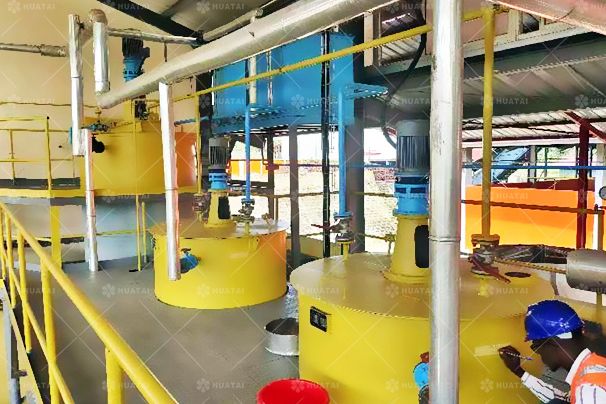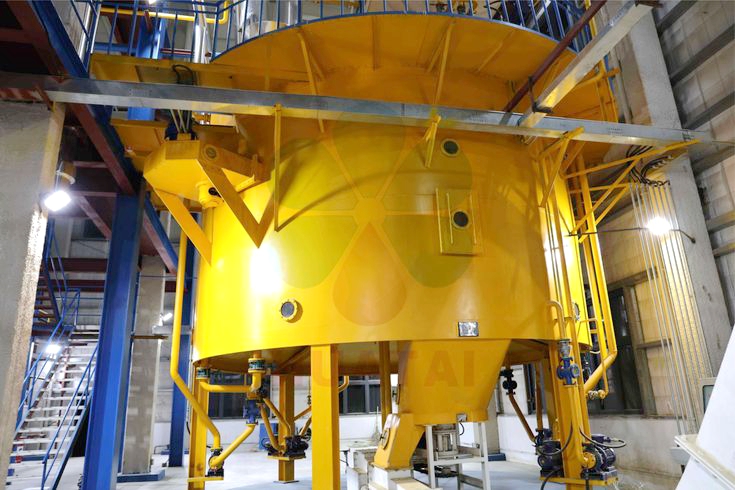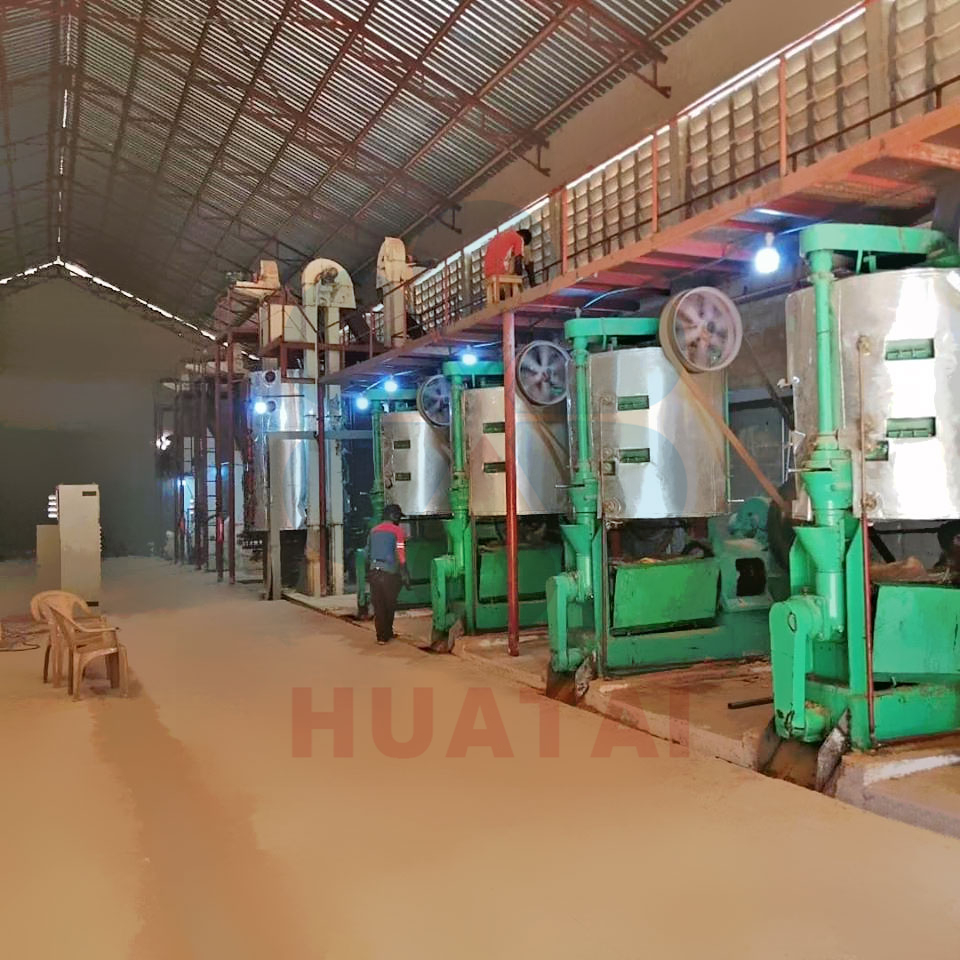There are two commonly used processing methods for edible oil: pressing and solvent extraction. Pressing can be further divided into cold pressing and hot pressing based on the production temperature. These three methods differ in terms of equipment selection and the quality of the oil produced.

The solvent extraction method is based on the principle of extraction. It uses organic solvents capable of dissolving oil to extract oil from oilseeds through soaking or spraying. The basic process is as follows: Oilseed flakes or pre-pressed cakes are immersed in a selected solvent. The oil dissolves in the solvent to form miscella. The miscella is then separated from the solid residue (meal). The miscella undergoes evaporation and stripping to vaporize and separate the solvent, ultimately yielding extracted crude oil.
The solvent extraction method offers advantages such as low residual oil in the meal, high oil yield, reduced labor intensity, improved working conditions, and good meal quality.
However, the extraction process inevitably results in solvent residues in the edible oil. Furthermore, as it involves multiple chemical treatments, some natural components in the oil may be destroyed. While extracted oil is rich in lipids, it lacks other nutrients and faces the issue of solvent residues.

Vegetable oil produced by hot pressing has a distinct aroma, darker color, and relatively high yield. Due to the high-temperature roasting process, the product contains fewer residual impurities, making the oil easier to store.
Hot pressing offers a higher oil yield and lower residual oil content in the cake, thus enhancing the purity of the oil.
The residues after hot pressing retain a rich aroma and can be consumed directly or used as fertilizer and feed, enabling resource recycling.
Due to the characteristics of the high-temperature roasting process, hot pressing is more labor-intensive and the working environment can be relatively harsh. Compared to cold pressing, hot pressing can destroy some heat-sensitive nutrients in the oil to a certain extent. Crude oil pressed from high-temperature treated materials usually has a darker color and increased acid value, necessitating refining before consumption. Moreover, during high-temperature pressing, various bioactive substances in the oilseeds, such as vitamin E, sterols, and carotenoids, also suffer significant losses.
Oil produced by pressing raw materials that have not been roasted or have been roasted at low temperatures, followed by refining, is termed cold-pressed edible oil.
When roasting raw materials, the temperature is controlled below 70°C to improve oil yield. Similarly, the product after pressing is crude oil. However, cold-pressed oil often fails to meet national standards after simple sedimentation and therefore requires multiple processing steps, including degumming, dewaxing, deacidification, etc., typically involving three to five processes. Among these steps are deodorization and decolorization; oil after decolorization is called salad oil.
"Low-temperature" cold pressing isn't truly low-temperature. Although the raw materials start at ambient temperature, the equipment temperature during pressing can reach 120-140°C. The raw materials also generate high heat during extrusion. Particularly when the oil temperature exceeds 80°C, nutrient loss begins. Furthermore, processes like degumming and dewaxing also require high temperatures, further exacerbating nutrient loss.

The quality of edible oil primarily depends on whether operations during production adhere to specifications. Oil is safe for consumption as long as it complies with national standards. In a sense, pressing represents traditional craftsmanship, while extraction embodies modern large-scale industry. Regardless of the method – extraction or pressing – the oil is safe and acceptable as long as all final indicators meet the relevant standard requirements.
Huatai Oil Machinery provides good quality oil mill plant, time & fast delivery, perfect after-sale services, and reasonable price, contact us!
Website: https://www.huataioilmachine.com/Copyright @ Henan Huatai Cereals And Oils Machinery Co.,Ltd.